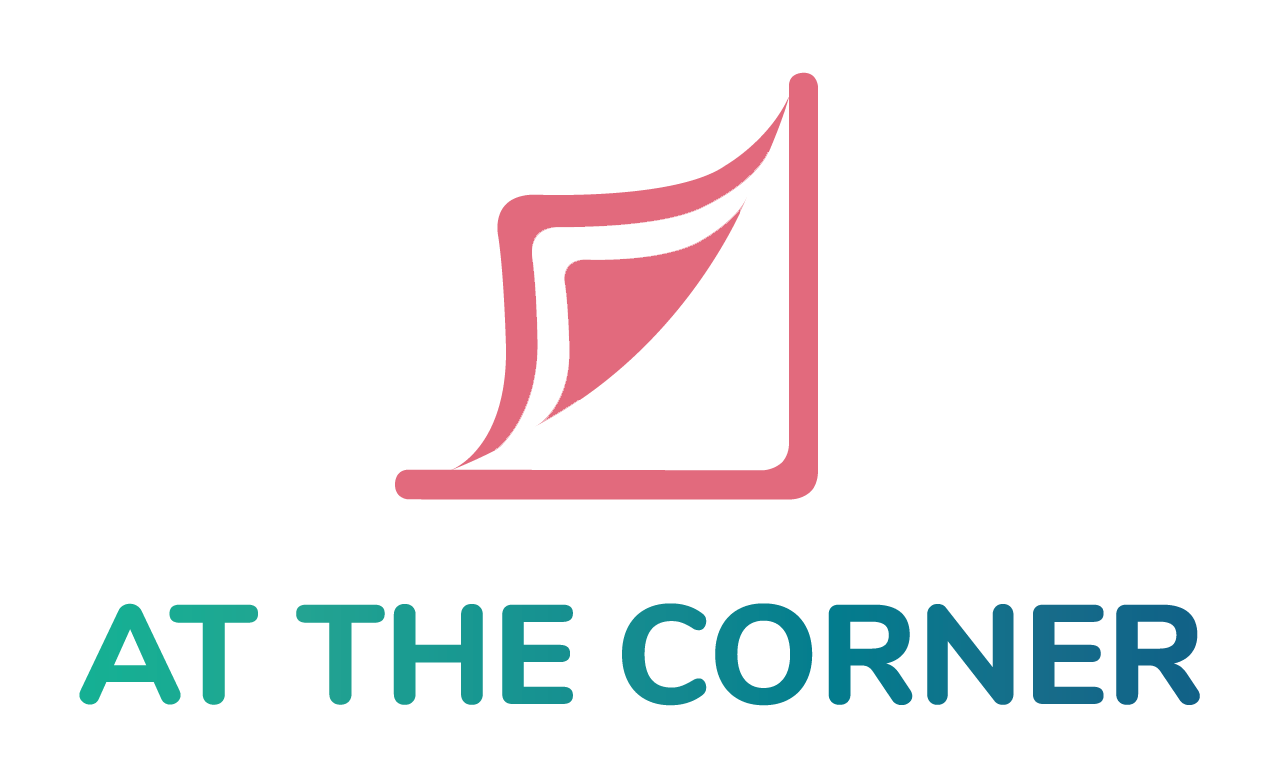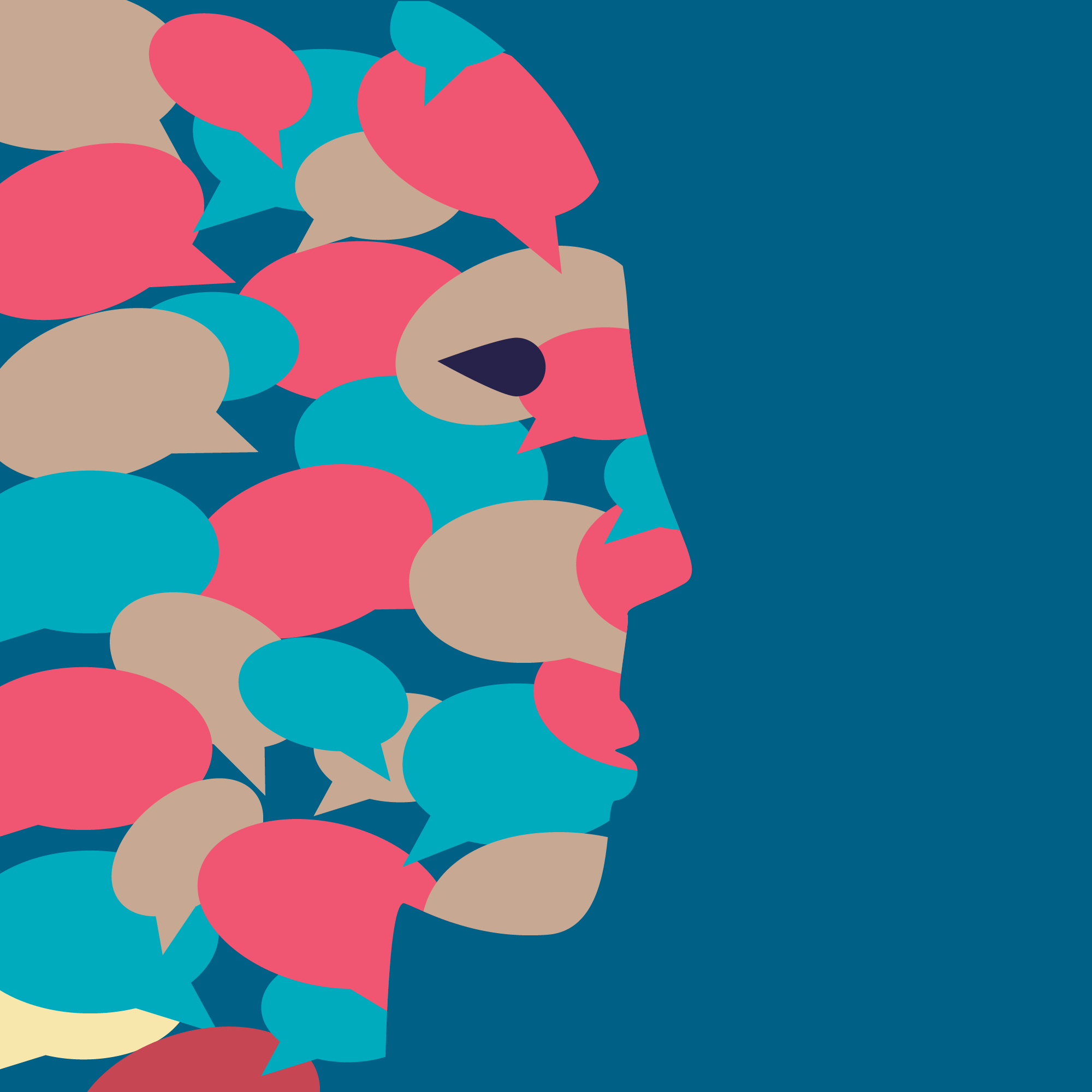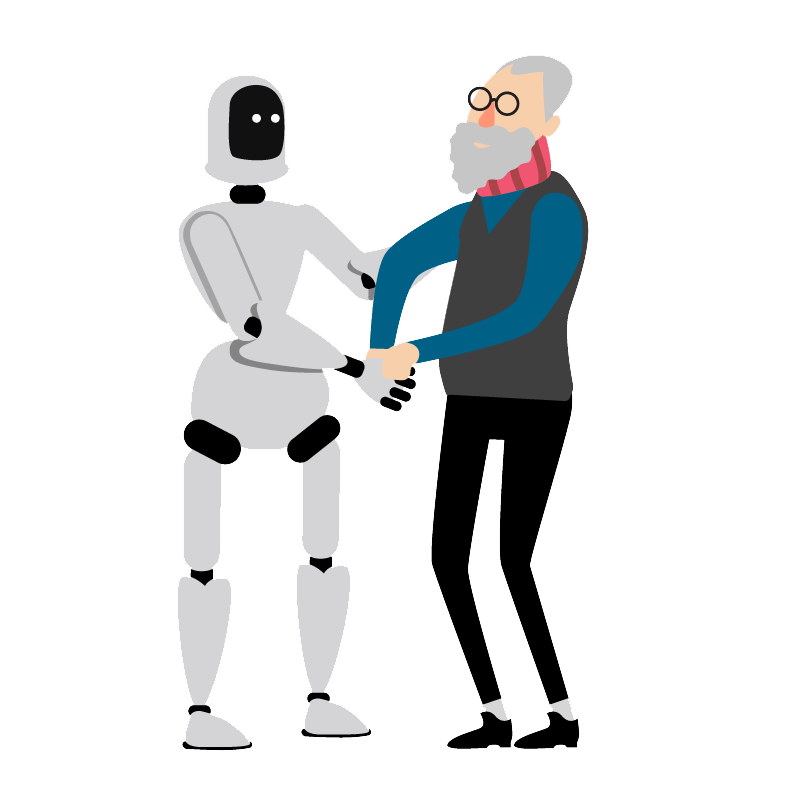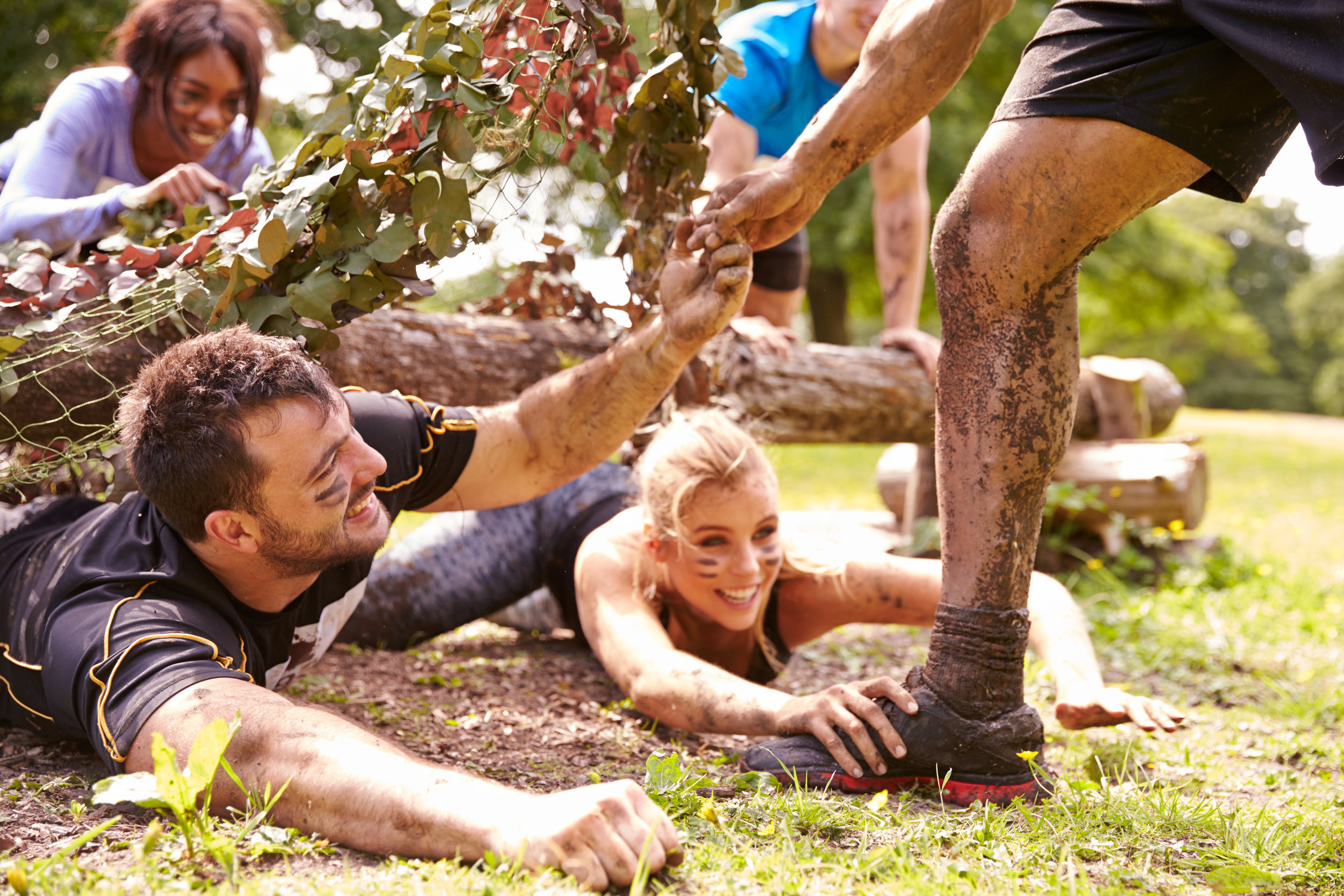There's no doubting that technology is becoming a more significant part of our lives as time moves on. The government says it is keen to encourage technology and innovation. Usually, the people conjure up images of technology enabling efficiency, speed and automation. However, who is to say that we should aim for these things?
I've been doing much research into automation and technology. There are some curious examples of how things work, and it's worth thinking about how they apply to the disability space. One infamous example is from Amazon. They receive many thousands of job applications every year. Rather than have a human being read through them all to pick who gets a job interview, they developed a program to do the initial screening for them.
They chased intelligence by looking at people who have been successful in Amazon, looking at their original CVs and identifying the traits that these CVs demonstrated. This output created an algorithm. The algorithm then examined job applicant CVs, in order to select from those who would likely fit in well.
Sounds clever, right? During testing, the outcome was that because most Amazon employees are men, the code unconsciously learnt that successful candidates should probably be male. That wasn't their official hiring policy, but computers are excellent observers, and they observed something of which Amazon was not proud.
The computer learned to mimic the decisions of humanity and brought those ideas to life. Happily, Amazon realised this issue and never used that computer program. Nonetheless, it shows that the price of innovation and efficiency can sometimes lead to untoward and unforeseen consequences.
We must all realise that in an industry where we are all about serving people. We mustn't become slaves to technology and consequently use that technology to take away all remnants of humanity and ethics in our decision-making.
We use technology a lot in At The Corner. There are undoubtedly some things for which technology is perfect. One of those things is about following processes and connecting with the government systems. We don't have a choice on that - many tell me that the NDIS PRODA system is the product they love to hate.
However, beyond the world of the NDIS portal, we combine technology with humanity to always keep people in the path of decision-making. We try to do the hard work, so you don't have to.
Moreover, in all of that, we remember that it's relationships that count the most, and that building a good relationship will ultimately allow us all to make better decisions regarding how we need to conduct our lives.























Is it mandatory for people with disabilities to receive state benefit? If not, then why does that seem the only way to access help?